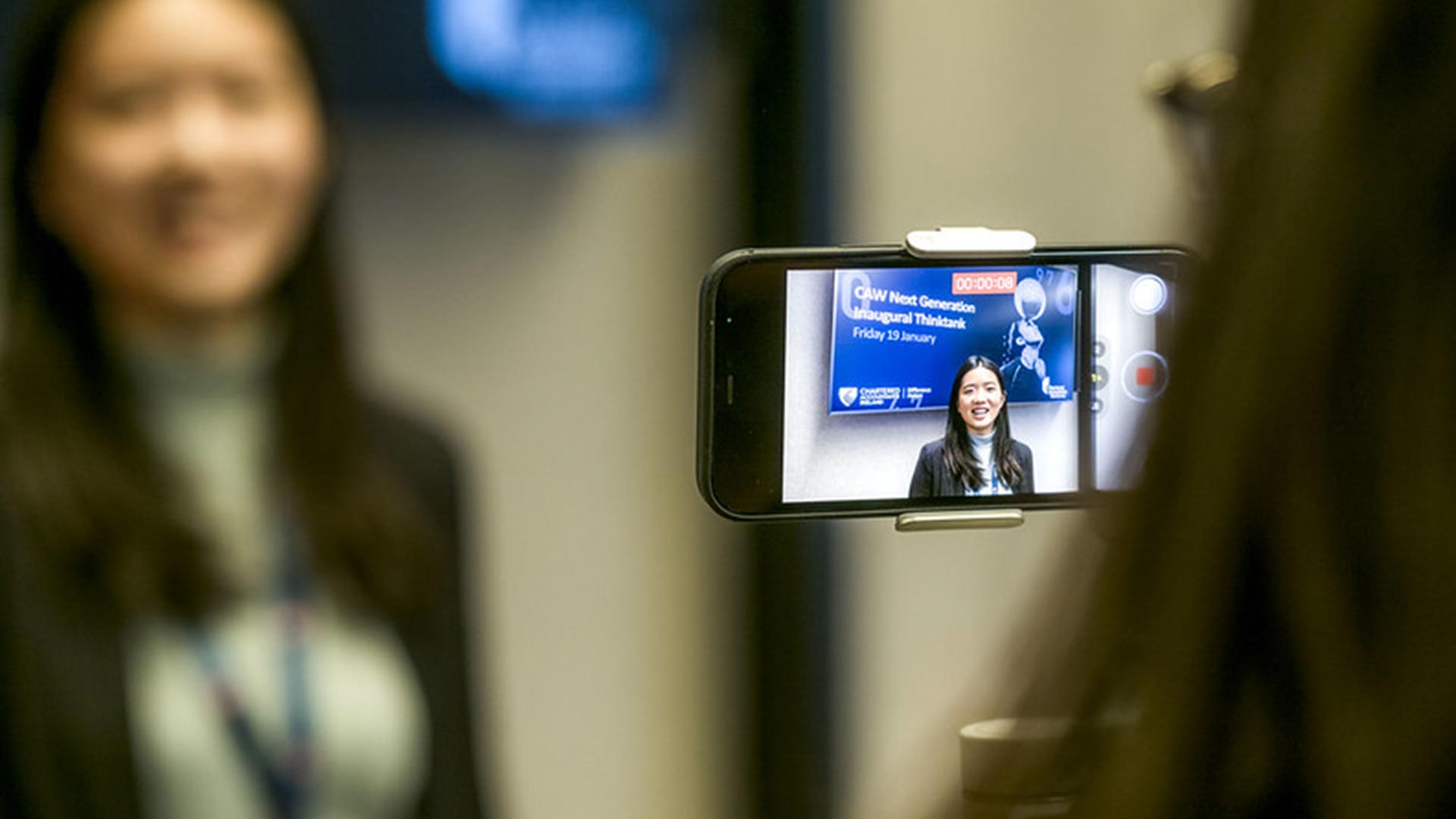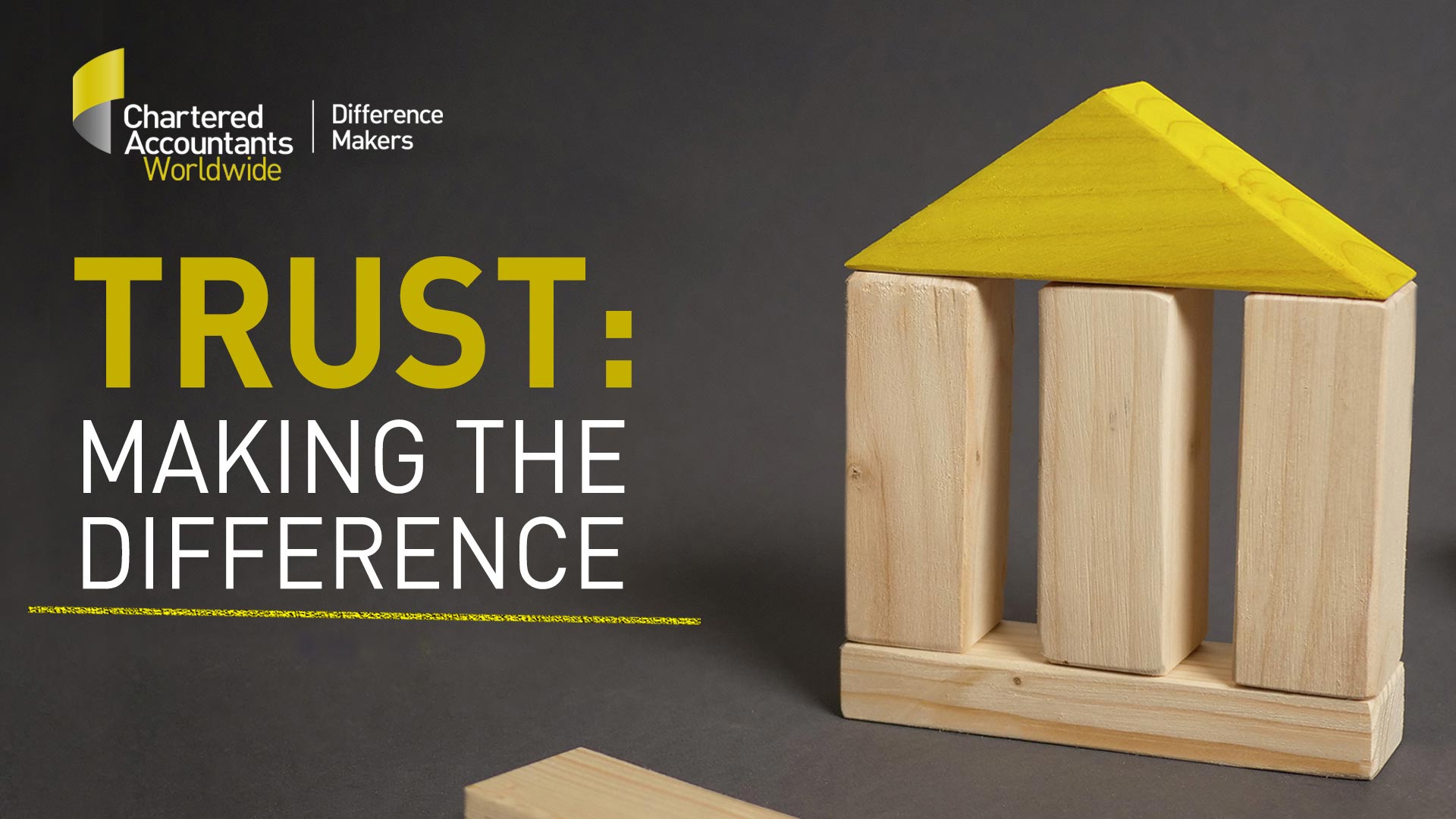Sarah Dixon, financial controller of the Aga Khan Foundation, tells Raymond Doherty about making the move to the international development sector, and why she loves being out in the field
By Raymond Doherty
How I changed career
I’d always wanted to be part of the humanitarian aid or international development sector and getting an accountancy qualification was a way into it. I’d spent a year at PwC after I qualified when a job at PKF Littlejohn, which specialises in charity and non-governmental audit work, came up. It was a very specific role: humanitarian aid project field auditor.
This involved travelling to conflict zones or areas where there was a humanitarian emergency. We would go to the field where a project was being implemented with European Commission funds and make sure the money was being used as intended. This meant travelling 60% to 80% of the time in up to four-week blocks. It was very interesting and quite intense – and it was expected that you wouldn’t do the job for more than two to three years because it was so full on. They were very up-front about that in the interview, but I loved it.
One of the first trips I went on I worked with the Aga Khan Foundation (AKF) in Tajikistan. I thought they were doing amazing work, and I’m not just saying that because I work here now! I worked in Kyrgyzstan, Lebanon for the Syrian refugees, Israel, Palestine and Gaza, Cameroon, Nigeria, Mali, Kenya, Uganda and Greece. A situation that always sticks in my mind is a refugee camp in Northern Cameroon for 70,000 people. You’re driving through scrubland and it just appears on the horizon like a town. It’s so removed, especially coming from somewhere like London. It was extraordinary.
The work was assurance in a broader sense. It was making sure the project was implemented according to the grant agreement: that could mean refugee camps getting the right food or living equipment; going to hospitals to make sure patients are receiving the treatment they were reported to have received; and it would also include finance, HR and procurement controls. After a couple of years I wanted a job that didn’t have as much travel. I ended up at Ark, which is an academy chain based in the UK, as a project finance manager. I was there for nine months but I really missed the developmental side of things. And then this job at AKF came up.
My responsibilities
It is a traditional financial controller role in the sense that I do a lot of the internal finance. I do internal reporting and budgeting. We also have several buildings here in King’s Cross along with our headquarters, so there’s been a property management side to it as well. I do some grants management, which I find very interesting. I manage two grants alongside our project managers. One of the grants, our biggest, is for girls’ education in Afghanistan, funded by the Department for International Development. We lead four other charities there, including Save the Children and Care. The other is a waste management project in India.
The challenges I’ve overcome
The head of finance and I are both new and in the last year the organisation has grown quickly. The projects team are winning more funding so we are growing exponentially. There has also been a churn of finance staff so it’s been tough getting to grips with it. I hadn’t had an internal finance role before, so it’s been interesting working on all the stuff I used to audit. We’re lucky in that most of our donors have been with us a long time. We have funding from the Aga Khan himself, which supports the office costs – compared to other charities that makes life a lot easier. There are always fundraising operations going on. It was the Aga Khan’s Diamond Jubilee this year, so there was a massive push around that and a lot of people gave pledges.
My typical day
In London, I speak to the programmes teams about their budgets, and I call India or Afghanistan to review their financial reports. I do the monthly report for our finance committee and also work on the donation side, reviewing processes and reconciliations. The projects team are constantly looking ahead in terms of winning new work so I help them with due diligence.
A typical day in the field can be quite different. There tends be an office in the capital of the country we’re visiting and an office in the field. I’ll visit both and have a look at the cash management controls and talk to the finance people there, making sure they are managing.
When we go out to the field, it can be in quite remote places. We usually have to drive for several hours or get a tiny plane. When I was in Northern Cameroon in my previous job, we had to travel in a bulletproof car. We were at a UN compound when they were doing a food distribution and the refugees there were very upset because the ration system had been changed. The UN was giving more calories but it appeared as less food. The refugees became angry and started pushing at the walls of the compound. It was one of the saddest things I’ve seen. We were told that we had to leave immediately and were given armed guards.
Industry quirks
Visiting projects and seeing the work that any of these organisations are doing is amazing: it gives you a reality check. Especially now when there are some quite scandalous headlines about charities. Some organisations are getting a bad reputation; but when you go to those places you see so many people working hard in really difficult conditions. Some have lived in the field for years.
Habits of an accountant
You need attention to detail but also to be able to step back and look from a higher level. Contrary to popular opinion, I don’t think you need to be particularly good at maths: we have Excel now. Again contrary to popular belief, you do need strong people skills. It helps to be able to explain financial things to non-financial people.
How the ACA helped my career
I have a logical brain so I found it quite satisfying. Working alongside the exams was helpful to apply what you were learning. I previously had absolutely no financial background. You can do so much with the qualification anywhere in the world.
Photography by Stuart freedman
This article was first published in the ICAEW magazine, Economia. Click here to read the original article.












